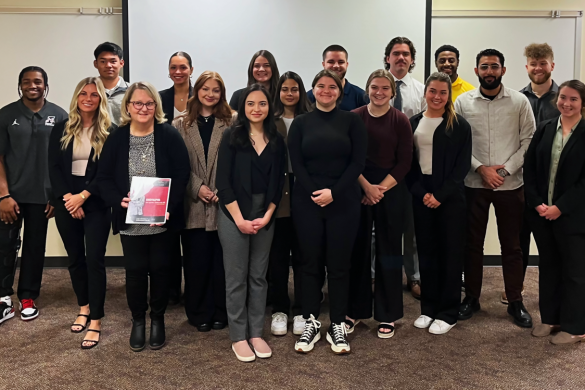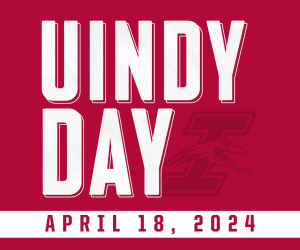Every ten years, every household receives the same piece of mail from the federal government. Required by the U.S. Constitution, the decennial census is a nationwide response of where individuals and places are, and what the economy is as a whole in the U.S. The government requires everyone in the country to legally respond to the decennial census, according to Colleen Wynn, University of Indianapolis assistant professor of sociology, co-director of the Community Research Center, sociology graduate program director and chair of UIndy’s Complete Count Committee.
The importance of the census
State and local governments take the collected data to use for their advantage, according to census.gov. This could be things like programs and budgets, assessing financial conditions, and performing comparative analyses. These allow the government to allocate resources where necessary.
The count also affects how many representatives each state receives. For example, if the state of Indiana were to grow in population the state would receive a new member of the U.S. House of Representatives. Another aspect is money. According to the U.S. Census Bureau, the federal government distributes $675 billion annually based on census data.
“This money and these [census] counts cover everything from funding for highway bills to school funding to programs to support rural areas, to restore wildlife, to prevent child abuse, to prepare for wildfires, and to provide housing assistance for older adults and so much more,” Wynn said
College communities are affected by this money as well. The amount of money going to colleges or Pell Grants can be altered, according to the census.gov. This could be a factor in how much money a college can obtain for their education.
“If we’re undercounted, we don’t get our fair share,” Wynn said.
Complete Count Committees encourage participation
Complete Count Committees are groups that try to help encourage participation in the census. UIndy’s was created last year and is led by Wynn. Their main goal is to advise and inform UIndy students about the census. Before the COVID-19 coronavirus pandemic, they had plans of holding events at the University of Indianapolis to encourage the campus community.
Now, Wynn has sent out an email to the UIndy campus and is planning on sending another email with information on what to do. The Census Bureau just like UIndy has had to adapt to the issue the world is dealing with.
The self-response phase for everyone has been extended to Aug. 14, according to census.gov. Allowing everyone to have the little extra time to do what they are legally obligated to do during this pandemic.
The Census Bureau’s website has extensive and detailed information to learn how the college communities will be responding in the census. Students who are confused about where to count themselves should go to census.gov. Their site explains how students can count themselves in the midst of COVID-19.






